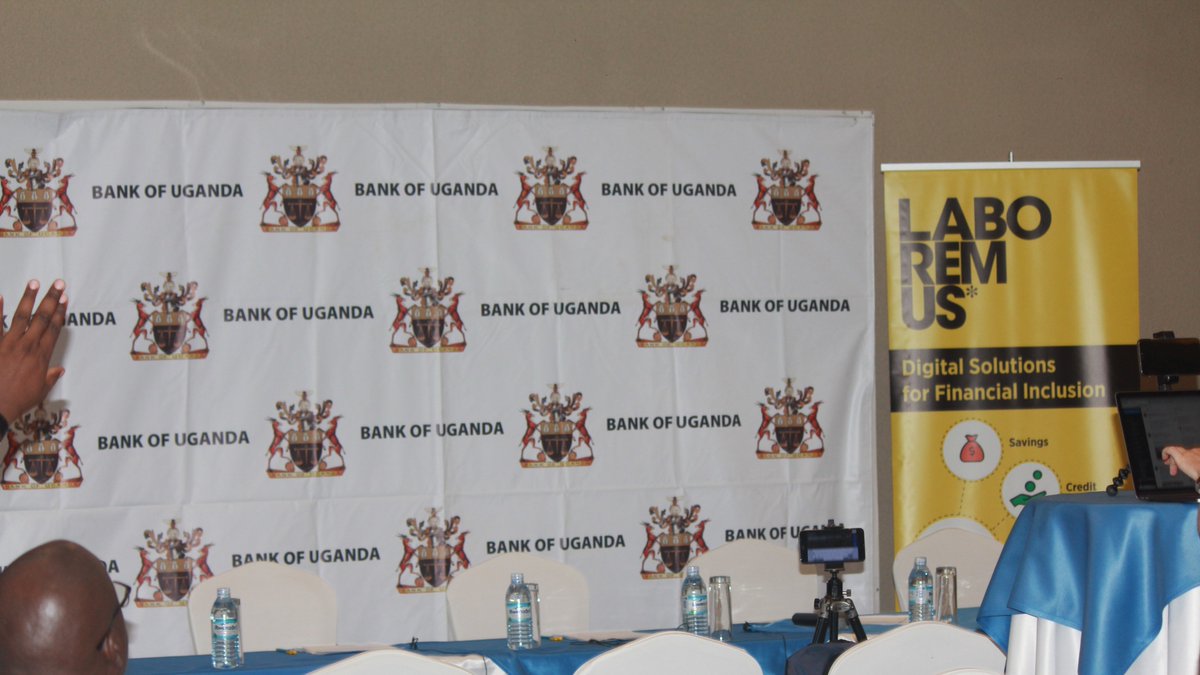Bank of Uganda (BoU) has in the April 2020 Monetary Policy Committee (MPC) meeting reduced the Central Bank Rate (CBR) by 1 percentage point to 8 percent.
i)Provide exceptional liquidity assistance to commercial banks that are in liquidity distress for a period of up to one year.
Prof. Emmanuel Tumusiime-Mutebile
GOVERNOR
April 6, 2020



